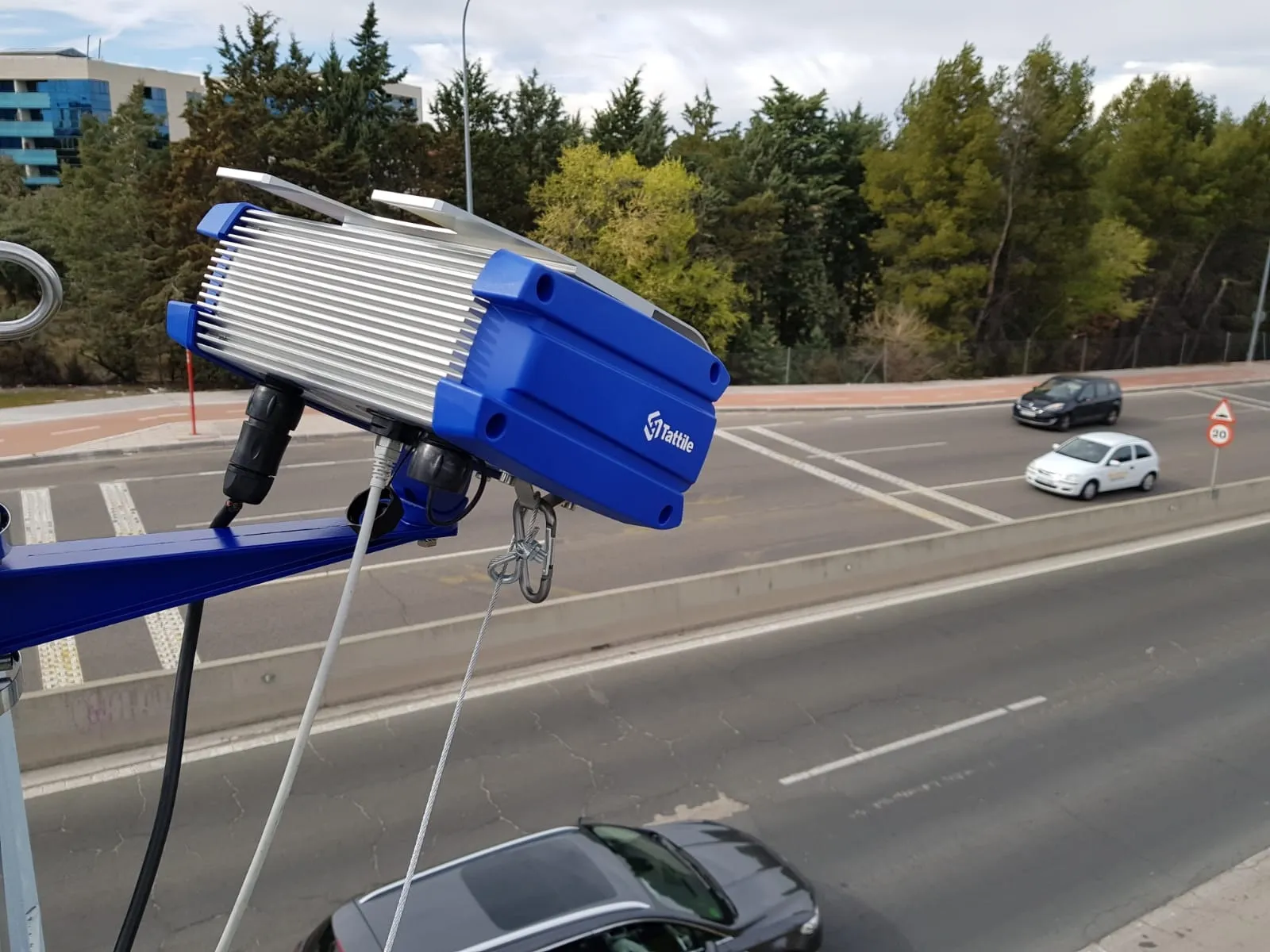In light of recent developments concerning the pandemic in Shanghai, Parking China (PKC), Shanghai Intelligent Building Technology (SIBT), Shanghai Smart Home Technology (SSHT), and the Shanghai Smart Office Technology (SSOT) zone will now take place from 29 – 31 August 2023 instead of their original dates. All four concurrent events will continue to be held at the Shanghai New International Expo Centre.









